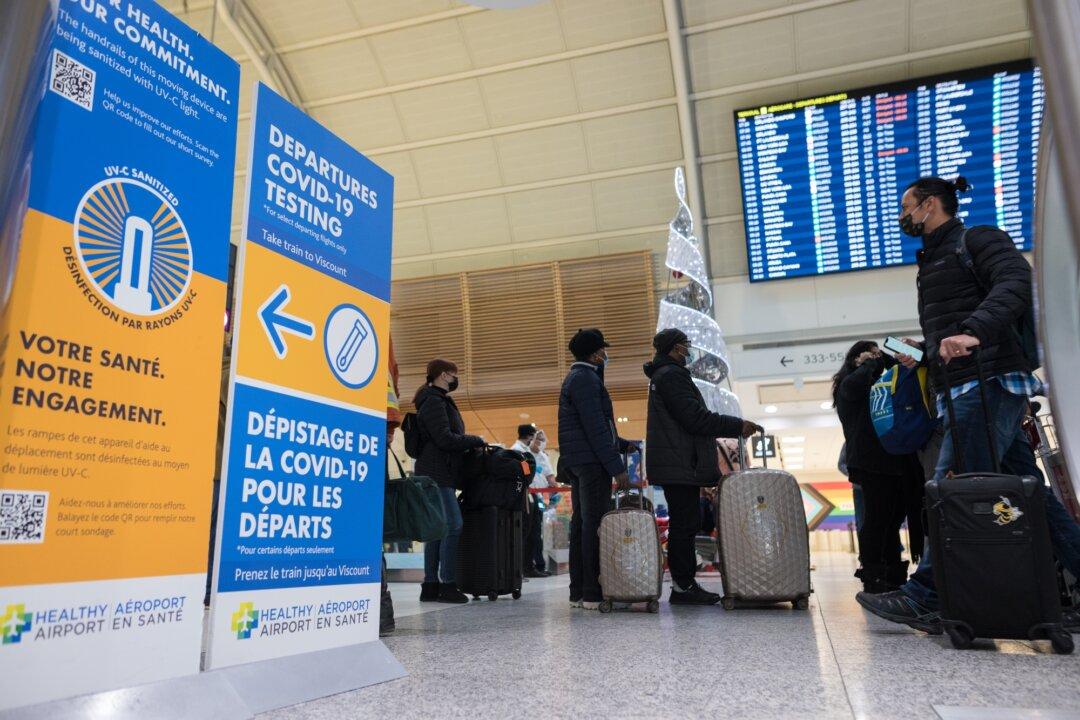A group of leading scientists, doctors, and policy professionals says it’s time to end all COVID-19 restrictions across Canada, including vaccine mandates and passports.
Known as the Canada Science & Policy Committee to Exit the Pandemic, the group says the pandemic is effectively over because it has reached the endemic stage.





